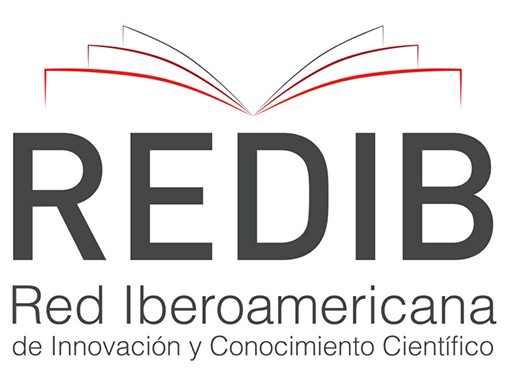Effect of the Enterococcus faecium and Saccharomyces cerevisiae in the immunological response, hematological parameters and body weight of calves fed with corn silage.
DOI:
https://doi.org/10.35172/rvz.2019.v26.353Keywords:
probiotcs; yeast; neutrophil; ROS (reactive oxygen species); NBT (nitro blue tetrazolium)Abstract
The use of yeast probiotics improves body weight gain and the immune system of cattle submitted to husbandry challenges, however the question remains whether the probiotics could have an effect on more tenuous challenges. In this way, the present study verified if the use of probiotic (Enterococcus faecium and Saccharomyces cerevisiae) provided orally, interferes with the innate immunity and body weight of calves fed mainly with corn silage. Twelve Jersey calves (120 kg ± 50 kg and 4-7 months of age) were allocated to the control (n = 6) or treatment (n = 6) group according to the probiotic supply (2 g / day, orally) for 45 days. On days 0, 15, 30 and 45, the animals were weighted, and submitted to clinical examinations, and blood collection for hemogram and measurement of neutrophil oxidative metabolism. It was observed that the probiotic promoted a slight and punctual increase in blood neutrophilic function (P = 0.10, D15), increased hematocrit and hemoglobin values (P = 0.03 and 0.05, D45) and increased the body weight gain in the initial phases of supplementation (P = 0.08), allowing to conclude that the probiotic is beneficial for animals in the adaptation phase of diet changes and management, even when these challenges are mild.
Downloads
Published
How to Cite
Issue
Section
License

Este obra está licenciado com uma Licença Creative Commons Atribuição-NãoComercial 4.0 Internacional.











